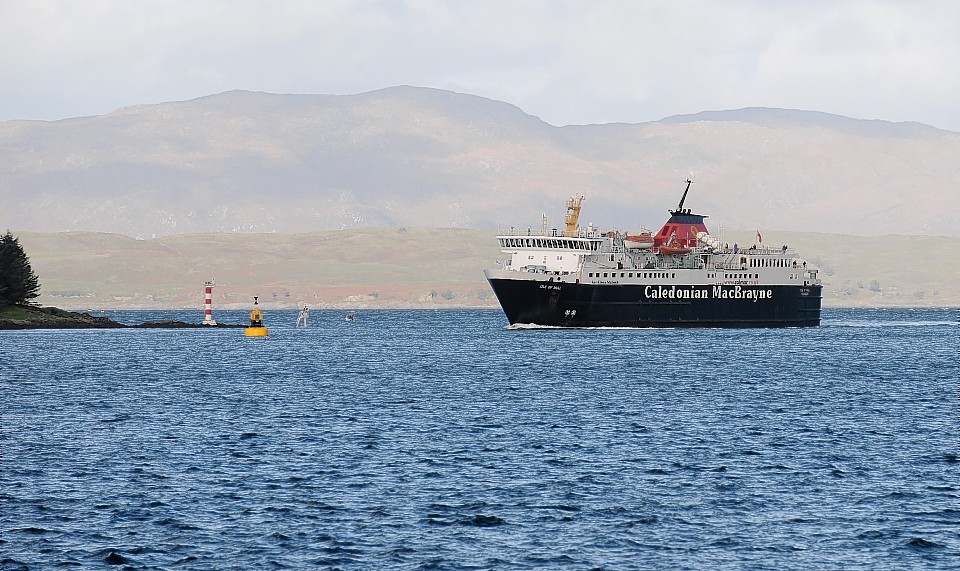Caledonian MacBrayne aims to save £450,000 on fuel and cut carbon emissions by 1,800 tonnes thanks to a new fuel monitoring system.
The ferry operator said the systems will be installed on 10 of its major vessels, leading to to” significant environmental and economic benefits” for the firm.
It said the cut in Co2 will be the equivalent to the annual greenhouse gas emissions of 4,285,714 miles driven by an average passenger car, or 645 tonnes of waste sent to landfill. The installation cost will be recouped in a year, it added.
Eight of the 10 vessels now have the system installed as part of what is known as “Project Ecoship” – the remaining two will be fitted during annual maintenance periods.
The first ship to receive the new system was MV Caledonian Isles on the Ardrossan to Brodick route. Following initial monitoring, CalMac said the 22-year-old vessel could be on target to save well in excess of the target, alone contributing an annual reduction of 624 tonnes CO2 emission based on current trends.
Smart technology links sensors on the vessels’ engines to a touch screen display in both the bridge and engine room. The ship’s master and chief engineer are able not only to monitor fuel consumption in line with speed and power, but are also able, in real time, to identify any engine variations as they occur and make adjustments as appropriate.
Data output is also immediately available for each separate vessel in the fleet, together with location, at the company’s headquarters where analysis over time will correlate complex links with weather, tidal and loading conditions, speed across the water, vessel adjustments and sea state to build a fuller picture.
The ships involved in the trial represented an age cross-section of the CalMac fleet, with the 17-year-old MV Clansman and four-year-old Finlaggan chosen to take part.
Minister for Transport and Islands Derek Mackay MSP said: “This state-of-the-art technology has the potential to have a significant impact on the fleet’s emissions, cutting its carbon footprint in some of Scotland’s most striking coastlines and sensitive marine environments.
“As well as the environmental benefits, it will also save money for the taxpayer by helping cut down on the amount of fuel used by the vessels.
CalMac’s technical director Peter Breslin, said: “Our commitment to the taxpayer and the environment has come together with Project Ecoship.T
“The fuel monitoring systems have only recently been installed on our vessels and the project is in a bedding-in phase. But both early data and anecdotal feedback from the ships is encouraging and we expect to see significant benefits in due course both to our carbon footprint and our bottom line.”
